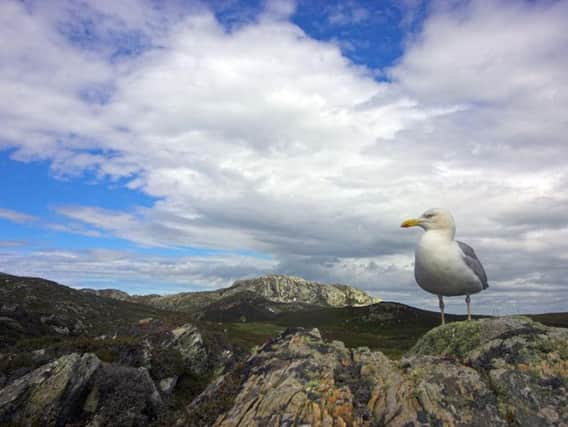Moorland Association respond to new gull licences


Two species removed from the 2019 General Licences.
These arrangements include the introduction of a maximum threshold for the total number of these gulls that they will allow to be culled in England under Individual Licences.
Considering the gull control currently undertaken for non-conservation purposes – significantly by UK airports, this has the potential to restrict gull control on our uplands by over 70%.
Advertisement
Advertisement
Amanda Anderson, Director of the Moorland Association commented: “We are dismayed by this action by Natural England which has the potential to devastate the endangered bird populations that we are all committed to preserving.
"Most targeted gull control by gamekeepers occurs on upland estates, many of which are European protected sites. This is not done for fun; indeed, it is hard work, but it is vital for protecting endangered species of birds which have seen their populations decline dramatically over recent decades.
"Gulls feast on a whole range of endangered smaller birds including Curlew, Lapwing and Golden Plover. City dwellers may view gulls as scavengers and pests going through human rubbish and stealing food, those who have seen them in action in the countryside recognise them as the ruthless predators that they are - devouring new-born chicks and decimating populations of endangered species.
"It is not a coincidence that populations of endangered waders, like Curlew, are much higher on grouse moors. This is because of the conservation work done by moorland managers and gamekeepers, which includes targeted predator control of species like gulls.
Advertisement
Advertisement
"Natural England are making a huge change to the status quo and the precautionary principle surely requires them to leave management as it is unless and until they are sure there will not be a serious conservation downside. The fact that Natural England are informing stakeholders about a new licensing system with only 24 hours’ notice and without any consultation, does not suggest they have fully considered all the potential consequences of this dramatic step.
"By making it harder for moorland managers to undertake this vital work Natural England are actively harming the rare and endangered species they are supposed to be protecting.”
The threshold for Herring Gulls in 2020 will be a total of 600 adults culled across the whole of rural England, less than a quarter of the number culled last year.
The new threshold for Lesser-Black-Backed Gulls will be 900, less than a third of the number culled last year.